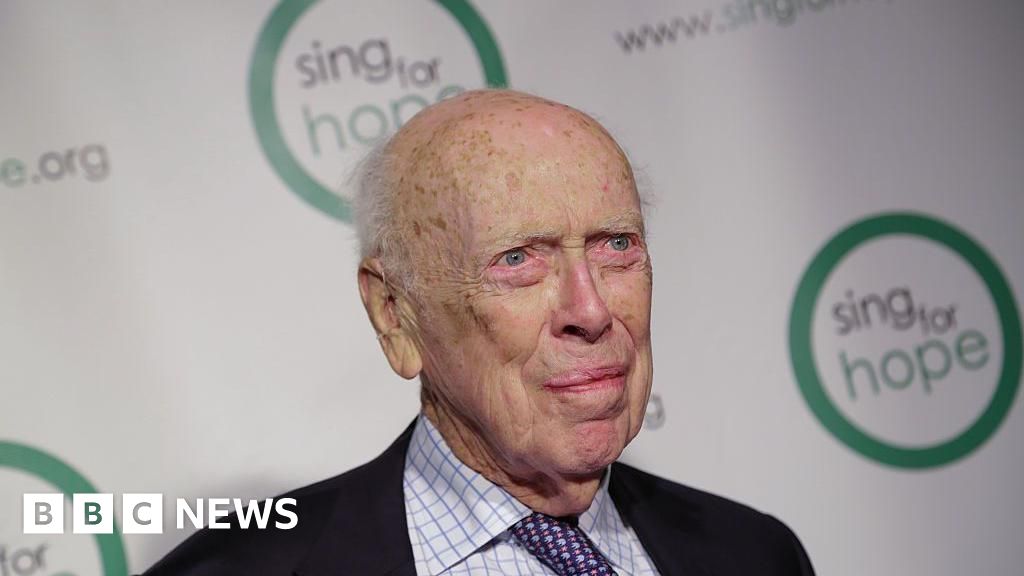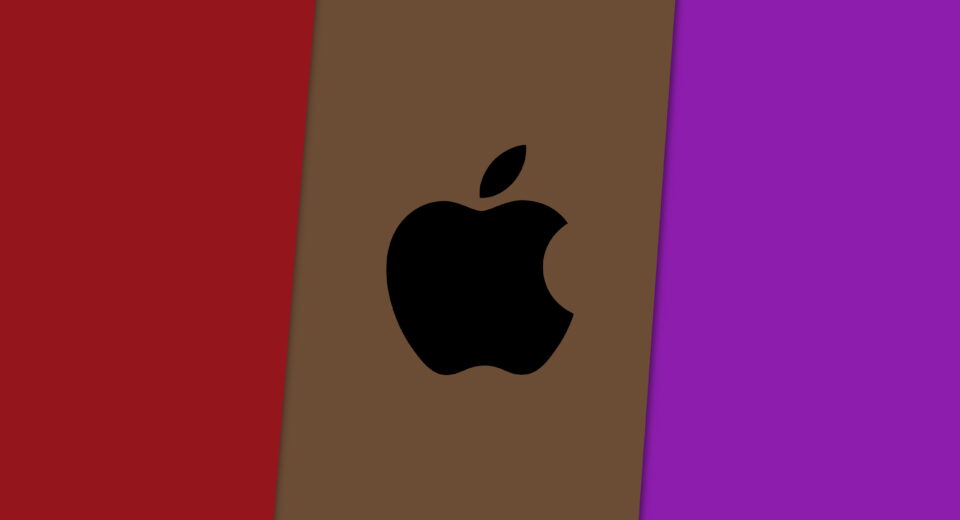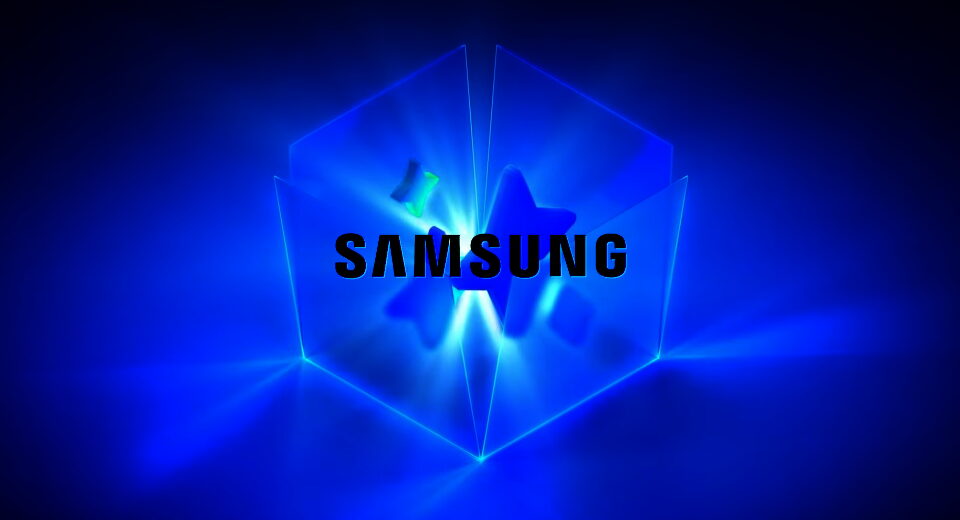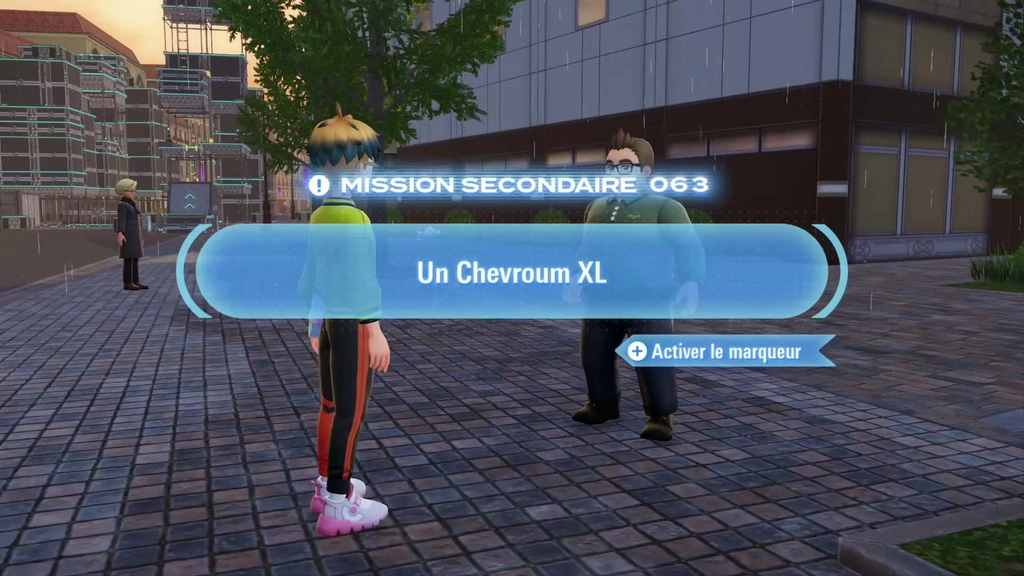Vodafone Germany is killing the open internet – one peering connection at a time

Editor's Note: This article is based on comprehensive research of publicly available sources including official press releases, regulatory filings, consumer complaints, technical forum discussions, academic studies, and industry publications. We may have failed in some areas to grasp the issue entirely. The reader is advised that not everything might be correct and you should follow the sources and conduct your own research to get an adequate understanding of the subject at hand.
There's a reason your internet feels like magic. When you click a YouTube video in Berlin, that data doesn't travel some convoluted path through half of Europe to reach you. It flows through something called an "internet exchange point"—a giant room full of routers where hundreds of networks connect directly, swapping traffic efficiently and, crucially, for free.
Vodafone Germany is about to blow that system up.
By the end of 2025, Vodafone will have completely withdrawn from every public internet exchange in Germany, including DE-CIX Frankfurt, the largest internet exchange on the planet. Instead, all traffic will flow through a single company called Inter.link, which charges content providers based on how much data they send to Vodafone customers. It's the telecom equivalent of a landlord announcing they're demolishing all the sidewalks in town and replacing them with a private toll road.
Vodafone insists this will deliver "lower latencies, more resilience, and cost savings." But if you're a Vodafone customer, you might want to brace yourself. Because there's a decade of evidence from Deutsche Telekom—Germany's other telecom giant, which did almost exactly the same thing—suggesting you're about to experience internet hell.
The open internet was supposed to work differently
To understand why this matters, you need to understand how the internet actually works. And it's not how most people think.
When you pay for internet service, you're not buying access to some centralized "internet"—you're buying access to your ISP's network. That network then connects to thousands of other networks through a patchwork of agreements and connections. The magic happens at places like DE-CIX Frankfurt, where over 1,000 networks plug into the same switching fabric and exchange traffic directly.
This system is called "settlement-free peering," and it's one of the internet's foundational principles. No money changes hands. Networks exchange traffic roughly equally, everyone saves money on long-haul transit costs, and users get faster connections because data takes the shortest possible path.
When Deutsche Telekom customers want to watch YouTube, that traffic flows directly from Google's network to Deutsche Telekom's network at a Frankfurt exchange point—maybe four or five router hops, minimal latency, no intermediaries. It's elegant. It's efficient. And it's exactly what Vodafone is abandoning.
Enter the middleman
Instead of connecting directly to content providers at neutral exchange points, Vodafone is outsourcing all its peering to Inter.link, a Berlin-based company that operates what it calls a "peering-as-a-service" platform. Inter.link operates more than 40 points of presence across 15 countries and claims connectivity to 300+ data centers in Europe.
The pitch is automation. Instead of managing thousands of individual peering relationships, Vodafone gets "one-click provisioning" and "single sign-on access." For Vodafone's network operations team, this is genuinely simpler. But here's the thing: operational efficiency for a telecom company and good service for customers are not the same thing.
Vodafone's official press release from November 2024 emphasized that the partnership with Inter.link would "reduce time, resources, and peering costs" while delivering "lower latencies" and "more resilience." What the company didn't mention is that "peering costs" in this context doesn't mean Vodafone's costs—it means the costs have shifted to content providers, who now have to pay Inter.link if they want decent connectivity to Vodafone's customers.
And if a content provider decides not to pay? That's when things get ugly.
Deutsche Telekom's decade of documented disaster
Deutsche Telekom pioneered this model in Germany, and the results have been catastrophic for customers. Not "slightly annoying" or "a bit slower"—genuinely, documentably terrible.
Consumer protection organizations have collected hundreds of complaints describing systematic degradation. The pattern is consistent and damning:
Software and downloads: Windows 11 updates taking five to six hours instead of minutes. GitHub downloads at 680 KB/s on 100 Mbps connections—a 94.6% reduction from expected speeds. Websites protected by Cloudflare loading in 15 seconds to 2.5 minutes instead of under one second.
Gaming: Latency spiking from 20-30 milliseconds to 200-3,300 milliseconds during peak hours. Packet loss reaching 17-70% on some connections, making competitive gaming literally unplayable. When customers use VPNs to bypass Deutsche Telekom's routing, speeds instantly recover 100-fold—proving the problem isn't content provider infrastructure.
Time-based patterns: Services work fine in the morning when traffic is low, degrade catastrophically during 7-11 PM peak hours, then recover late at night. Network experts have identified the root cause: Deutsche Telekom deliberately refuses to upgrade interconnection capacity when links reach congestion, creating artificial bottlenecks to pressure content providers into paid agreements.
The evidence is so overwhelming that in April 2025, a coalition including Germany's federal consumer organization, digital rights groups, and Stanford Law School professor Barbara van Schewick filed formal complaints with the Federal Network Agency alleging net neutrality violations. The investigation is ongoing. Deutsche Telekom, for its part, denies everything while customers continue suffering through abysmal performance.
Now Vodafone is implementing the same model. That should terrify you if you're a Vodafone customer.
The warning signs are already appearing
The migration started in December 2024, and Vodafone customers are already reporting problems. A pattern emerges in forum posts and support tickets: complaints about service degradation beginning specifically in November-December 2024, escalating during evening hours, affecting streaming and gaming disproportionately.
One user on Vodafone's German forum documented "extreme ping issues" that "particularly escalated in recent weeks" in November 2024, with latency jumping from normal levels to 1,000-2,000 milliseconds. Another described complete connection breakdown during 6-10 PM evening hours, making working from home and gaming "essentially impossible."
YouTube appears prominently in complaints. Forum posts describe "seit heute Abend ist Google / Youtube quasi nicht mehr zu erreichen" (since this evening Google/YouTube essentially unreachable), with traceroutes showing 1,000ms latency and 21 hops to reach Google instead of direct connections. That's not random—Heise.de, Germany's most authoritative tech publication, specifically reported that Vodafone is "discontinuing existing direct interconnections with large data sources such as YouTube."
The affected services align perfectly with those that would need to establish new paid relationships with Inter.link: YouTube, Netflix, Twitch, gaming platforms. Netflix streams at 0.93 Mbps during peak hours on some Vodafone connections—enough for low-quality SD but nowhere near the 5+ Mbps users get on competing ISPs. Gaming servers show 100-350 millisecond latency when they should be 20-30 milliseconds.
Berlin residents experienced particular degradation when Vodafone withdrew from BCIX (Berlin Internet Exchange), with forum posts noting that BCIX peering "was eliminated months ago and notably worsened network quality for Berlin residents." Major content providers including Amazon, Apple, Facebook, Google, Microsoft, Netflix, and Twitch all peered at BCIX for low-latency Berlin connectivity. Those direct connections are gone, replaced by longer routes through Inter.link's more distant points of presence.
The physics don't support Vodafone's claims
Let's talk about that "lower latencies" promise, because it defies basic networking principles.
Academic research measuring performance across 900+ networks found that 91% experience at least 5% latency improvement via direct peering versus transit, with median improvements of 12-15 milliseconds. The reason is simple physics: shorter paths are faster than longer paths.
Vodafone's migration does the opposite. Previously, a customer accessing YouTube might traverse three hops through direct peering at DE-CIX Frankfurt: from the customer's router to Vodafone's router to Google's router. Now that traffic must route through Inter.link as a mandatory intermediary, adding at least one additional hop and extending the physical path.
This is fundamental networking: every additional network you traverse adds latency from routing decisions, queuing delays, and physical transmission time. Direct peering at an exchange point minimizes this. Routing through an intermediary by definition increases it.
Unless Inter.link has discovered physics-defying routing magic—and they haven't published any evidence suggesting they have—adding mandatory intermediary hops cannot produce lower latency than direct connections. The architecture change moves in precisely the wrong direction.
Vodafone has published exactly zero supporting measurements. No traceroute comparisons. No latency benchmarks. No throughput tests. No independent technical validation. For a major telecommunications company claiming performance improvements while undertaking a massive infrastructure change, the absence of any quantitative evidence is deafening.
The satellite escape hatch
While Vodafone dismantles its open peering infrastructure, an alternative has emerged that sidesteps these politics entirely: satellite internet.
Starlink operates its own global backbone network with direct agreements with major content providers. When you access YouTube via Starlink, traffic flows through SpaceX's network to satellites and down to your dish—a fundamentally different architecture from terrestrial ISP peering arrangements.
The €65/month residential service won't match premium fiber speeds, but Ookla reports consistent 161 Mbps median downloads in Germany with 40-50ms latency. More importantly: no selective throttling. Netflix and GitHub load at the same speeds because Starlink doesn't play favorites.
For customers experiencing Deutsche Telekom or Vodafone degradation, that consistency matters more than peak speed. The €299 hardware cost hurts, but you're paying for infrastructure that can't be weaponized for rent-seeking. And when Starlink has capacity issues, SpaceX launches more satellites—they solve congestion with infrastructure investment rather than weaponizing it for revenue extraction.
That competitive pressure matters. Every customer who switches from Vodafone to satellite because YouTube won't load is revenue walking out the door. Terrestrial ISPs aren't quite the monopolies they used to be.
Here's what Vodafone isn't saying in its press releases: this migration is fundamentally about changing the internet's economic model.
Traditional settlement-free peering operates on reciprocity. Networks exchange traffic because both sides benefit—Vodafone's customers want to access YouTube, and YouTube wants to reach Vodafone's customers. No money changes hands because the value exchange is mutual. It's one of the last genuinely cooperative aspects of internet infrastructure.
Vodafone's new model charges content providers based on traffic volume, creating what academic experts call a "termination monopoly." If you're a content provider and you want Vodafone's customers to have decent access to your service, you now have to pay Inter.link. Professor Barbara van Schewick of Stanford Law School, whose work informed FCC net neutrality orders and EU guidelines, characterized similar practices by Deutsche Telekom as "a frontal attack on the open internet."
In August 2024 comments to European regulators, van Schewick explained that ISPs exploit their "termination monopoly" by charging "monopoly termination fees" to reach subscribers, and concluded that "paid interconnection fees violate the Open Internet Regulation's ban on discrimination and paid fast lanes."
In December 2024, Switzerland's telecommunications regulator delivered an 11-year ruling against Swisscom for similar practices. The Swiss ComCom decision found that ISPs have a "technical monopoly of access to their end customers" and that charging content providers for traffic delivery is "not permissible" because costs are already covered by customer subscriptions. The ruling explicitly rejected the "double-dipping" model where both customers and content providers pay for internet access—precisely what Vodafone implements through Inter.link.
Think about that: you pay Vodafone for internet access. YouTube pays Inter.link for the privilege of serving you. Both ends pay, but the service you receive gets worse because the architecture degrades and bottlenecks concentrate through fewer connection points. Vodafone saves money on operational overhead while extracting new revenue from content providers. You, the customer, subsidize this twice and get a degraded product.
Regulators are paying attention (finally)
The April 2025 complaint against Deutsche Telekom came from a coalition including Germany's federal consumer organization (Verbraucherzentrale Bundesverband), Epicenter.works, Gesellschaft für Freiheitsrechte, and Stanford professor Barbara van Schewick. The complaint documents technical evidence of artificial bottlenecks and charges that Deutsche Telekom creates "paid fast lanes" prohibited under EU law.
BEREC (Body of European Regulators for Electronic Communications) released a report in December 2024 after a two-year investigation, identifying practices where ISPs "exploit bottlenecks at the entrance to its network to demand payments from online services" and classifying such practices as "potential violations of Europe's net neutrality law." The report listed "several examples, most of which involved Deutsche Telekom."
If the investigation finds Deutsche Telekom's model violates EU net neutrality regulations, Vodafone's identical approach faces the same legal jeopardy. Germany's Federal Network Agency has already shown willingness to act—in February 2022, it prohibited Vodafone's "Vodafone Pass" zero-rating service following European Court of Justice rulings. The same authority could order Vodafone to abandon paid peering and return to settlement-free public peering.
But regulatory remedies take years. In the meantime, customers suffer.
What this means for you
If you're a Vodafone Germany customer, here's what you can probably expect based on Deutsche Telekom's decade of evidence and early Vodafone complaints:
YouTube, Netflix, and streaming services will buffer more during evening hours. Quality will automatically downgrade. 4K streaming will become unreliable. These companies may eventually pay Inter.link's fees, but the degradation provides leverage for those negotiations.
Gaming will become frustrating or unplayable during peak hours. Latency will spike. Packet loss will make competitive games impossible. You'll blame the game servers, but the problem is your ISP's routing.
Video calls, remote work, cloud applications—anything latency-sensitive—will degrade during 7-11 PM peak hours when traffic concentrates through Inter.link's connection points. Your Zoom calls will pixelate. Your remote desktop sessions will lag. Your cloud backups will throttle.
Smaller content providers, startups, regional services—anyone who can't or won't pay Inter.link's fees—will work noticeably worse on your Vodafone connection than on competing ISPs. You'll have a two-tiered internet: fast lanes for services that pay, slow lanes for everything else.
And when you call Vodafone support, they'll run speed tests that show your connection hitting advertised speeds to Vodafone's own servers, and they'll tell you everything looks fine from their end. Because technically, it does. The problem isn't your connection to Vodafone—it's Vodafone's restrictive connections to the rest of the internet.
The bigger picture
Vodafone's exit from public peering isn't an isolated technical decision—it's part of a broader pattern of large telecoms trying to reshape internet economics in their favor. Thomas King, CTO of DE-CIX Frankfurt, warned without naming companies directly: "We are currently observing a trend in which large market players are increasingly using their dominant position to monetize not only their Internet access business but also network interconnection."
The trend is particularly concentrated in Germany, where both major incumbent ISPs now operate restrictive paid peering models while competitors maintain open policies. IT-Administrator, a leading German IT publication, warned that Vodafone's shift "could reduce transparency, while smaller providers and content providers may face higher entry barriers" and "could impair the diversity and openness of European Internet infrastructure."
If this model proves profitable for Vodafone and Deutsche Telekom without regulatory consequences, expect other European telecoms to follow. The open internet—where networks cooperate through settlement-free peering to deliver the best possible service—gets replaced by a gatekeeper model where ISPs extract fees from both customers and content providers while delivering worse performance.
The internet you pay for isn't the internet you're getting
Here's the fundamental thing to understand: when you pay Vodafone for internet service, you think you're buying neutral access to the global internet. You're not. You're buying access to Vodafone's network, and Vodafone controls how well that network connects to everything else.
For decades, ISPs and content networks cooperated through settlement-free peering at neutral exchange points, creating the fast, reliable internet we take for granted. That cooperative model is breaking down, replaced by gatekeepers who charge both ends while delivering worse service.
Vodafone's marketing says the Inter.link migration will give you "lower latencies." The architecture says you're getting longer paths, more hops, and concentration through fewer connection points. Deutsche Telekom's decade of customer misery says you're about to experience systematic service degradation. Early Vodafone complaints say it's already starting.
The evidence is overwhelming. Vodafone customers should brace for impact. And everyone else should pay attention—because if this model succeeds in Germany, it's coming to your country next.
Sources
Primary Sources:
Deutsche Telekom Complaints & Evidence:
Customer Complaints:
Academic & Technical Research:
Regulatory & Legal:
- Swiss ComCom: Swisscom Zero-Settlement Peering Ruling (December 2024)
- Bundesnetzagentur: Zero-Rating Prohibition (February 2022)
Industry Analysis:
What's Your Reaction?
 Like
0
Like
0
 Dislike
0
Dislike
0
 Love
0
Love
0
 Funny
0
Funny
0
 Angry
0
Angry
0
 Sad
0
Sad
0
 Wow
0
Wow
0

